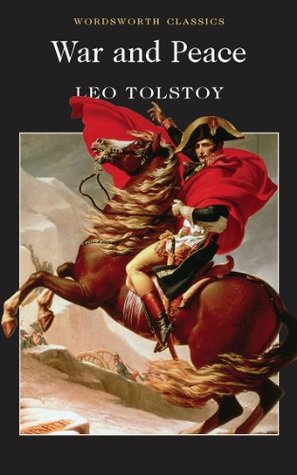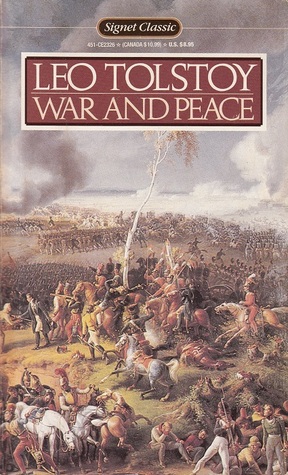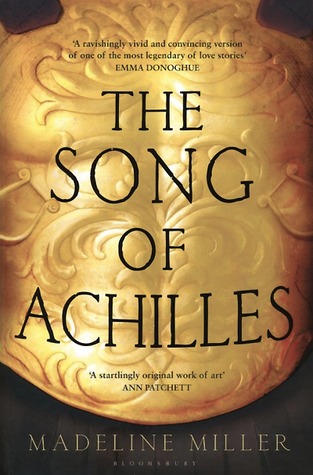5 Things I Loved About Goddess by Kelly Gardiner

If this swashbuckling heroine doesn't define awesome, I don't know what does.
Hi everyone! This is my first review in a long time because I'm finally back. I read this book a month or two back, and I loved it so much I had to take notes so I could share the awesomeness with you all. So without further ado, here are 5 things I loved about Kelly Gardiner's Goddess.

1. Fascinating main character
Julie is a crossdressing, bisexual French opera singer and swordswoman from the 17th-18th Centuries. She reminds me a bit of Casanova. That’s interesting in itself. But I also loved her confidence, as it’s rare to find a female character who knows she’s beautiful or/and brilliant. Julie knows she’s great; she calls herself a goddess, and it's refreshing. (Wonder where the title came from, hmm?)
2. Interesting story
This novel is an adventure and a half. Julie has a very eventful (albeit short) life and what’s more, the author didn’t make it up; Julie d’Aubigny was a real historical woman and the events in the novel are based on documented events. I couldn’t believe it when I read the author’s note at the end and found this out. I also couldn’t believe I’d never heard of this awesome woman. The best thing? She was not the only crossdressing, swashbuckling lady at the time.
.jpg) |
| Julie d'Aubigny |
3. Unique voice and tone
The book is set up as a transcript of Julie’s deathbed confession to a priest. It’s written as a monologue, including her responses to what the priest says (which is not included, so you have to be smart and guess). She’s sassy and intelligent, which makes for fun reading.
4. Beautiful language
The writing flows and is a joy to read. It’s concise yet descriptive and is also emotional, especially at the end. Julie has a lot to say, but her story fits in at under 300 pages, all the while affecting me enough to rate it 5 stars. French words scattered through the text also make it feel more authentic, although sometimes I wanted to look them up to check a) what they meant and b) if they were real words…
5. Women living on their own terms in an oppressive historical society
Refer to 1 and 2. Need I say more?

Conclusion
If you love history and interesting women, do yourself a favour and read this hidden gem! I’ve read a lot of Kelly Gardiner’s books, so I can also vouch for her as a good author. What are you waiting for?

Summary
Versailles, 1686: Julie d'Aubigny, a striking young girl taught to fence and fight in the court of the Sun King, is taken as mistress by the King's Master of Horse. Tempestuous, swashbuckling and volatile, within two years she has run away with her fencing master, fallen in love with a nun and is hiding from the authorities, sentenced to be burnt at the stake. Within another year, she has become Mademoiselle de Maupin, a beloved star at the famed Paris Opéra. Her lovers include some of Europe's most powerful men and France's most beautiful women. Yet Julie is destined to die alone in a convent at the age of 33.
Based on an extraordinary true story, this is an original, dazzling and witty novel - a compelling portrait of an unforgettable woman.
For all those readers who love Sarah Dunant, Sarah Waters and Hilary Mantel.










